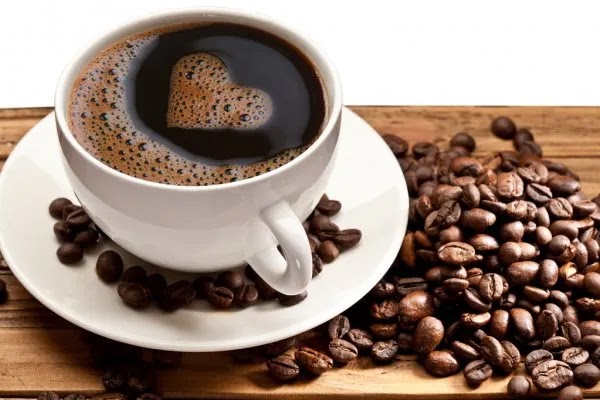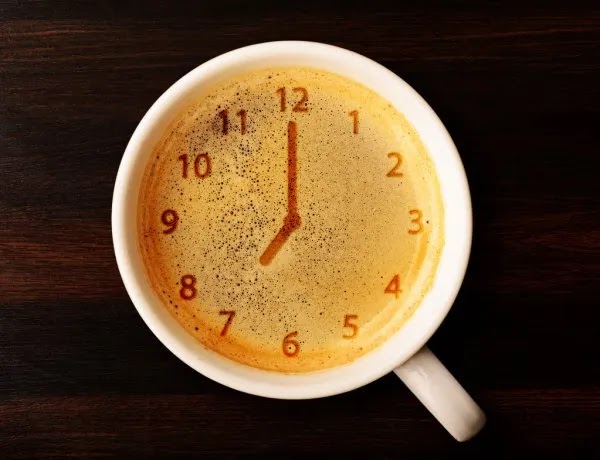You might be overwhelmed with the answer to this age-old question.
When you're feeling dry, what's the first thing that comes to mind? Probably not a boiling hot cup of coffee, because tea and coffee are supposed to dry you, right? While water is unquestionably a superb option for staying hydrated, coffee and tea aren't completely off-limits.
Read on to learn how caffeinated beverages like tea and coffee might help you stay hydrated, as well as how much is too much.
Is it true that drinking coffee or tea dehydrates you?
According to Nathalie Rhone, RDN, a New York City-based nutritionist and founder of the private practice Nutrition by Nathalie, coffee and tea (unless decaffeinated or herbal tea) contain caffeine. This stimulant can help increase mental alertness, decrease fatigue, and sometimes get the bowels moving.
Caffeine boosts blood flow to the kidneys and fluid production, or pee, as Rhone explains. "As a result, caffeine has been suggested to have a deleterious impact on hydration state." Moderate caffeine usage (up to four cups per day) does not appear to increase the risk of dehydration, according to the study.
"To have a dehydrating impact, a person would have to drink significantly more cups of coffee or tea in one sitting than even the most caffeine-addicted people eat in a day," Rhone adds. When you consider that both coffee and tea are made from water, this makes sense.
So instead of water, can I drink coffee and tea?
No, not exactly. While coffee and tea can contribute to your regular fluid consumption, Rhone recommends drinking at least 8 cups (or nearly 2 liters) of water every day. "Think of your morning coffee as a water supplement," Rhone suggests.
When it comes to staying hydrated, plain water (along with lemon waterworks) is your best bet; it helps maintain consistent energy levels, eliminates toxins from the system, and keeps digestion going smoothly. Furthermore, excessive water consumption is unlikely to cause adverse side effects. On the other hand, caffeine overdose can cause headaches, GI problems, high blood pressure, nausea, insomnia, and even anxiety in some people.
Of course, how you make your coffee or tea is essential as well. Flavored coffee creamers and honey packets can transform the drinks into sweet treats. Keep your blood sugar levels in check by drinking it straight or with only a few additions. Add a smidgeon of whole milk or unsweetened plant-based milk, if desired. If you need to add sweetness, use a splash of honey or a natural sweetener like Stevia or monk fruit. According to studies, the more sweets we eat, the more sweets we crave.
Are there any other surprising hydration sources?
It's not just about what you drink; it's also about what you eat. "The majority of fluid intake comes from what you eat," says Rhone, "especially when eating a diet strong in fruits and vegetables." "Drinking a large glass of green juice every morning and eating a variety of fruits and raw vegetables can help you stay hydrated throughout the day."
Water-rich vegetables include cucumber, lettuce, and celery, while hydrating fruits include watermelon, strawberries, and melon. "When eating hot dogs, hamburgers, or sandwiches, replace the buns and bread with lettuce wraps to increase your water consumption through meals," Rhone recommends. Another option is to eat guacamole or hummus with crudites like celery and cucumbers instead of a salty tortilla or pita chips.
Caffeine affects everyone differently, so there is no one-size-fits-all suggestion for coffee or tea consumption. Instead, pay attention to how your body reacts to various caffeine sources. "Some people do OK with only one cup of coffee in the morning, while others do better with green tea," Rhone adds. "Others, meantime, feel the need for a boost around midday or in the afternoon. Caffeine use this late in the day, on the other hand, can affect your ability to fall asleep and impair your sleep quality."
Experts recommend drinking one to two cups of coffee every day, preferably before midday. To enjoy the ritual without drinking too much caffeine in the afternoon, go for herbal tea.
Finally, if counting your cups seems too tricky, check your urine to see if you're properly hydrated. Keep up the excellent job if the urine turns pale yellow. Darker colors may indicate dehydration.


